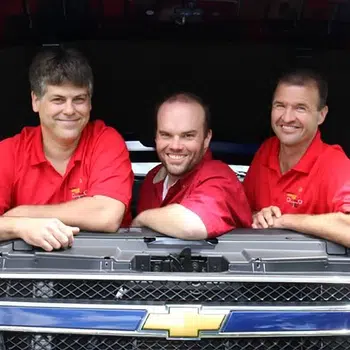MEXICO CITY (Reuters) – President Andres Manuel Lopez Obrador on Tuesday pressed Austria to loan Mexico a bejeweled feather headdress considered one of the country’s most important pre-Hispanic artifacts for display in an exhibition next year.
Lopez Obrador wants to celebrate Mexico’s Aztec past in 2021 to mark the 500th anniversary of the fall of Aztec capital Tenochtitlan to conquistador Hernan Cortes, an event which ushered in three centuries of Spanish domination.
The leftist president, who has asked European powers to apologize for colonial-era abuses in Mexico, urged Austria to lend the delicate, brightly-colored headdress said to have been worn by Aztec emperor Moctezuma before he was toppled by Cortes.
“The Austrians have completely taken control of the headdress,” he told a news conference.
Likening it to a “mission impossible”, Lopez Obrador asked his wife Beatriz Gutierrez to appeal to Austria on a visit to Vienna during a European tour where she has made loan requests for various artifacts his government wants to exhibit.
“Next year will be dedicated to this because the colonialists have narrated history at their convenience,” Lopez Obrador said. “It’s always the same, those who conquer or invade have to justify their meddling, stealing and atrocities with the aid of their supposed superiority.”
Spanish forces largely destroyed Tenochtitlan after a siege in 1521, building Mexico City on the ruins.
The famous headdress is nearly a yard (meter) wide and made from more than 450 elegant, vivid green feathers of the quetzal bird mounted in a jewel and gold encrusted crown.
It is believed to have arrived in Europe in the 16th century, and according to Vienna’s Museum of Ethnology, which houses the headdress, it later fell into the hands of Austria’s Archduke Ferdinand of Tyrol.
Over the years, it has been subject to repeated Mexican requests for its return.
Vienna’s Museum of Ethnology did not immediately respond to a request for comment.
(Reporting by Stefanie Eschenbacher in Mexico City; Additional reporting by Francois Murphy in Vienna; Editing by Dave Graham and Aurora Ellis)







